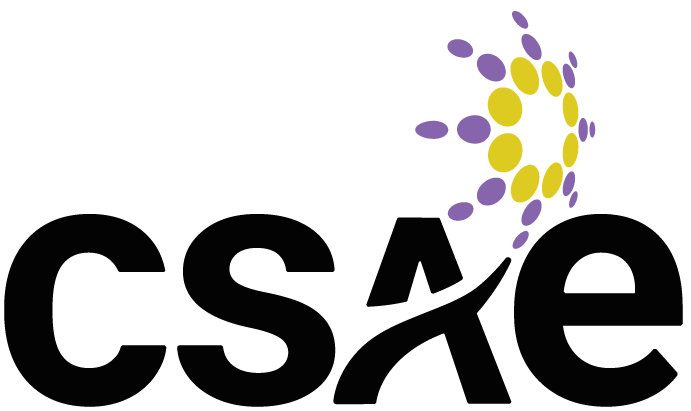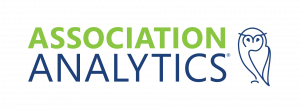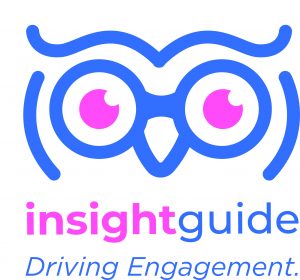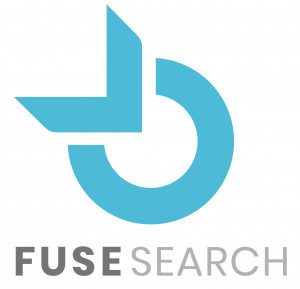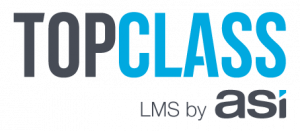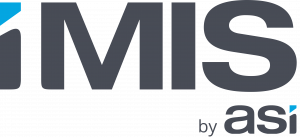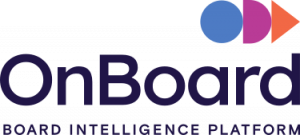How to Make DEI Training at Your Association Successful
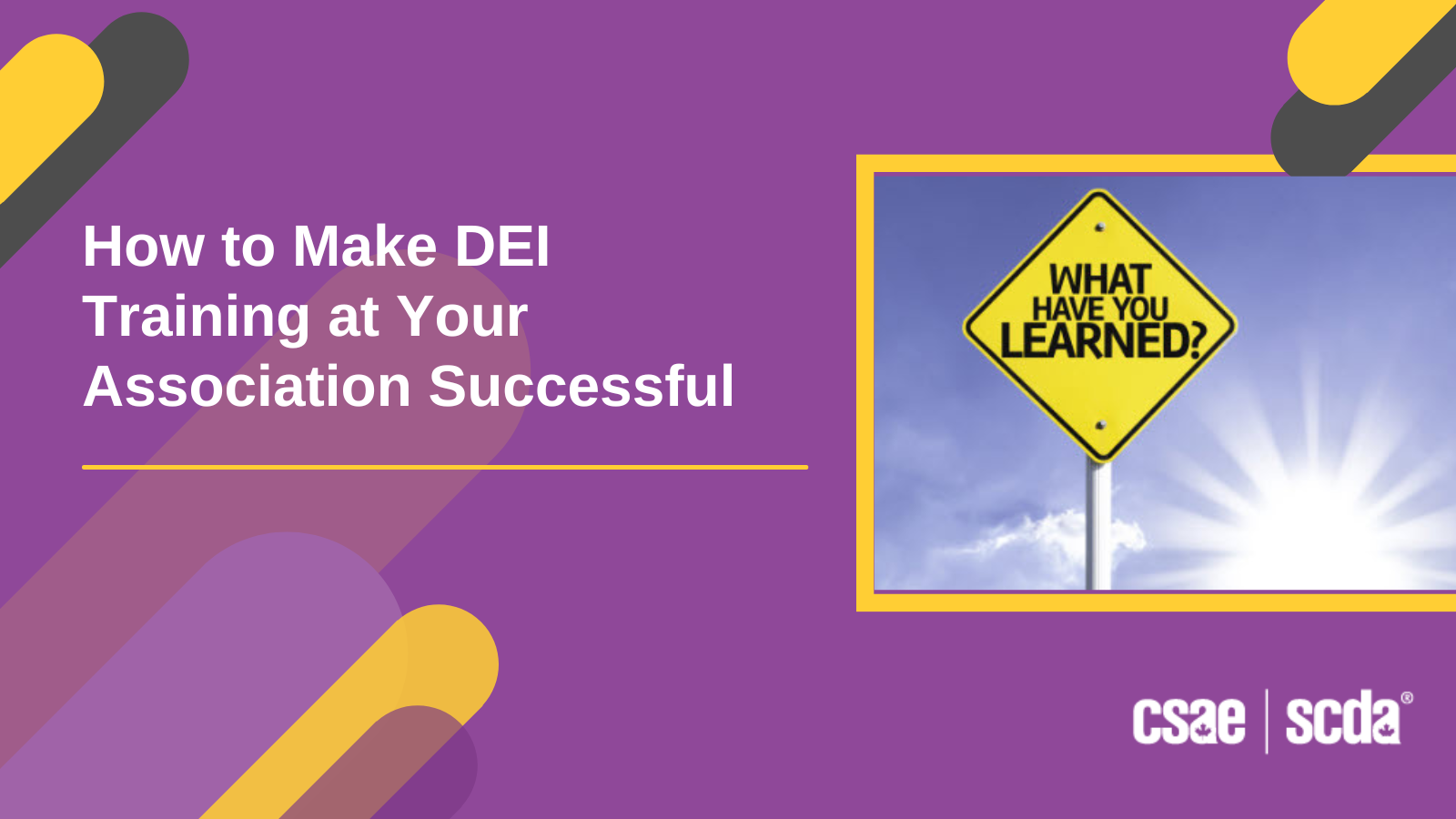
We continue to hear from prospective clients that inclusion, diversity, equity and accessibility (IDEA) training is not effective. This viewpoint may even have a basis in fact. Research yields evidence that most IDEA training does not achieve significant change within the culture of organizations. It may even be detrimental. As sociologists, Alexandra Kalev and Frank Dobbin write “…the typical diversity training program doesn’t just fail to promote diversity, it actually leads to declines in management diversity.” [Source]
This is baffling. We know that training can be a powerful tool in change management. Here are some common mistakes and misconceptions that lead to failed IDEA training.
DEI Training Poorly Done Is—Well—Ineffective
There is a good deal of inferior DEI training providers around. Their number is increasing, as many budding entrepreneurs see this as a growing market. However, many entering this market do not have the education, experience or knowledge to create an effective learning environment that yields the desired learning outcomes.
Many new DEI training providers fall into the lived experience category. Their life experiences are undoubtedly valid and it is enlightening to hear their stories. However, it does not mean they are good facilitators or trainers.
When selecting a DEI training provider, use caution. To avoid a horrible training experience, consider the following when evaluating learning providers.
- How long have they been in the field?
- What qualifications do the curriculum developers and facilitators possess?
- Are they topic specialists?
- Is the coursework based on research?
- Do they use adult learning principles to create superior learning outcomes?
DEI Training Is Only Part of the Solution
If you have spent time involved in IDEA, you know that training and development can only be one aspect of the solution.
Learning can help people develop new knowledge and skills. It can even address attitudes and mindsets. However, training will inevitably fail to produce the desired returns without other organizational support.
To be effective in the journey to be a more diverse, inclusive and equitable organization, several considerations need to be taken into account.
These can include, and are not limited to:
- A clear IDEA strategy
- Organizational IDEA objectives, goals or metrics
- Effective IDEA policies, practices and conventions
If not backed by clear goals and objectives, training will be ineffective. And, learning will be isolated if it is not part of a strategic imperative. In addition, education is unlikely to succeed if not built into policies and practices.
Soft Skills CAN Be Trained
There is a belief that training is only effective for technical skills. On the contrary, a quick online search will find many studies that validate that a person can develop soft skills. And soft skills are essential at all levels of an organization that seeks to be more diverse, inclusive and equitable. Many of the skills needed to develop inclusive leaders are soft skills.
These soft skills include:
- Listening
- Empathy
- Leadership
- Collaboration
- Adaptability
One and Done Training Has Limited Value
As the saying goes, “If at first you don’t succeed—try try again.” There is also—”practice, practice, practice.
There is truth in these sayings as it takes time to learn new skills and develop new understandings. So the idea that giving one mandatory training course will change ingrained organizational culture and attitudes is naive at best.
Mandating IDEA training sends the wrong message. It makes the training appear punitive. People are resistant to change and may feel threatened by such mandates.
DEI training needs to be part of an ongoing learning path. A path that encourages:
- Self-reflection
- A learning mindset
- Expanding knowledge and understanding
- Opportunities to practice
Summary
In conclusion, it should now be clear that IDEA training and development can be effective. The issue is not with training, learning or education. The problem is that the expectations of IDEA training are often not clearly defined. IDEA education is not conducted well because of poor-quality course design or weak facilitators. IDEA courses are not part of a cohesive training and development plan. Address these issues, and you are on your way to developing an organizational culture that will embrace inclusion, diversity, equity and accessibility in the workplace.
